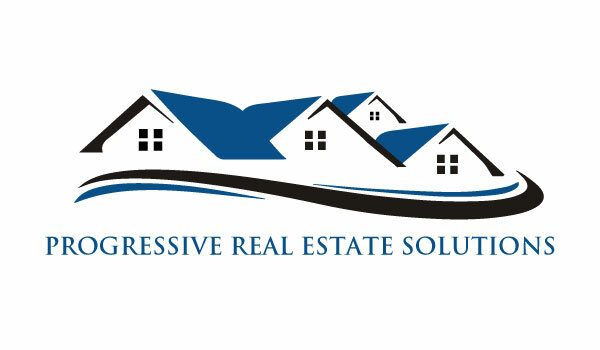- Pay All of Your Bills On Time
Being late on and of your payments is the number one contributor to the road of poor credit. Pay everything on time even if you are just paying the minimum balance. If it’s on time it won’t hurt you. Credit collections have a major impact on your score, so be sure to avoid those altogether by paying all your bills on time.
- Get Those Bills Current and Keep Them Current
If you have missed payments, bring them up to date right-a-way. The more time you pay your bills on time after making a late payment, the more your score will increase. If there are older credit problems they will contribute less to your overall score. These late payments won’t hurt you forever, if you get current now. If your credit card balances are high you could consider selling DFW home to bring those balances to zero. - Keep Your Balances Low on Revolving Credit – Themis Law
This is both straightforward and simple. Don’t max out your store or credit cards. You want to keep low balances on your cards as possible. High outstanding balances can negatively impact your credit score. - Don’t Close Your Unused Credit Cards
Many folks think that closing their unused cards credit cards is a short term strategy to improve their credit, but it’s not. In reality, owing the same amount but having fewer open accounts may lower your scores. - Don’t Open New Credit Cards If You Don’t Need Them
I have also seen the strategy of opening cards to increase your available credit. However, this approach can quickly backfire and lower your credit score because every time you apply for a card, it counts as what is know as a hard inquiry which affects your score. - Re-establish Your Credit History
If you have had problems in the past, opening a few new credit accounts responsibly and paying them off on time will raise your credit score in the long run. - Have Credit Cards
Have them, but manage responsibly. Having credit cards and installment loans, like car and home loans, as long as you’re making payments on time, will rebuild your credit score over time. Someone with no credit cards, and no loans, generally tends to be viewed as higher risk than someone who has responsibly managed credit cards and debt.
Lastly, know that checking your credit score yourself does not affect your score in a negative way. As long as you order your credit report directly from the credit reporting agency or through an organization that is authorized to provide credit reports to consumers and it doesn’t impact your score. Its your credit score and it’s your to manage properly.
Have a House or Land to sell click on Sell House and Selling Land.
